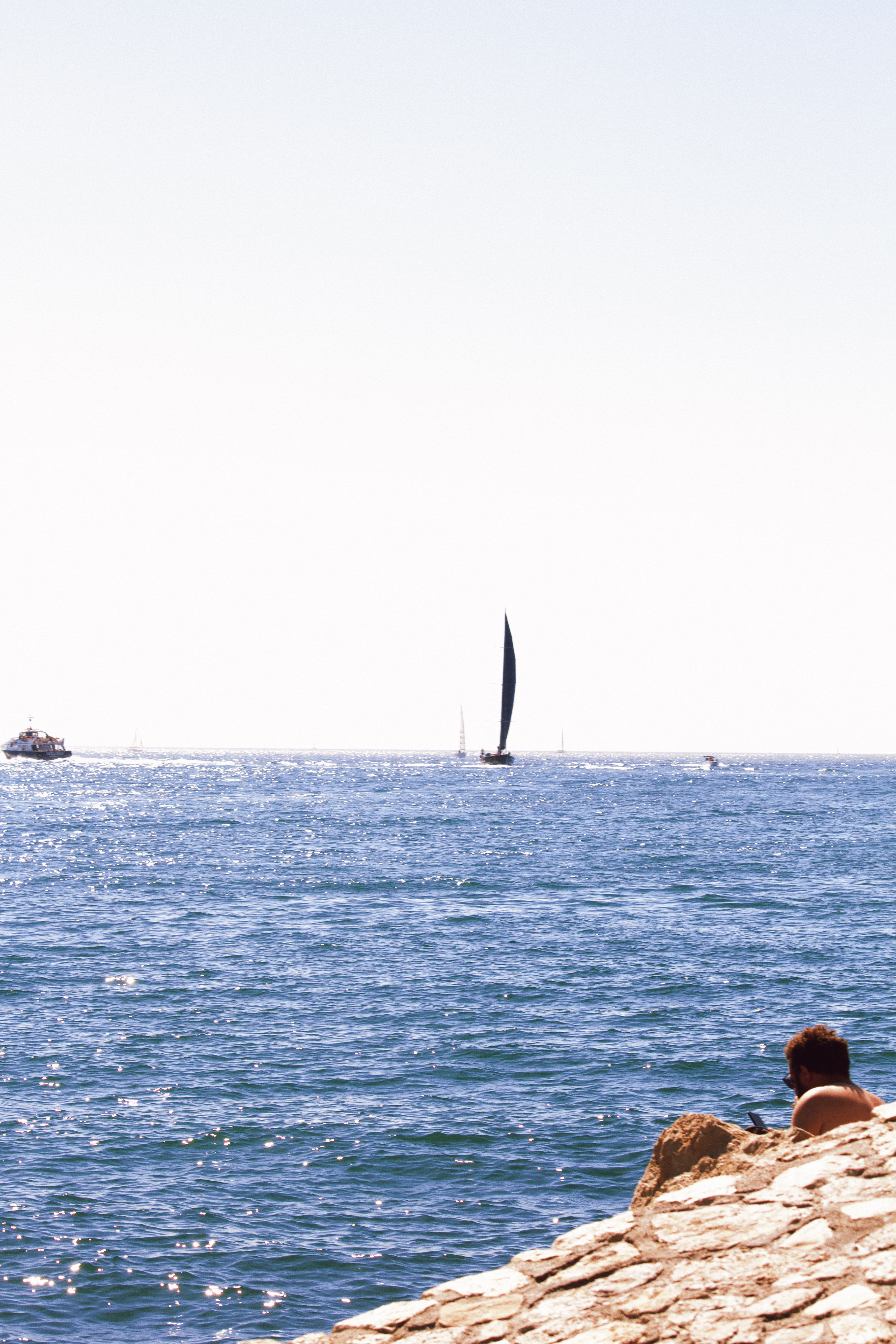 Image courtesy of Fiona McMurrey
Image courtesy of Fiona McMurrey
Every summer in France, a quiet but passionate rivalry plays out—not on the soccer field or in the political arena, but on the highways, beaches, and in bakeries across the country. Welcome to the world of les Aoûtiens vs les Juilletistes: a uniquely French divide between those who take their summer holidays in July and those who wait until August.
For Americans, the idea that entire nations could all be on vacation at once may feel foreign. In the U.S., vacation time is often a solitary affair—squeezed in between work obligations and school schedules. But in France, summer vacations are practically a national ritual, and the month you choose can say a lot about you.
What’s the Difference?
The names themselves are simple:
-
Les Juilletistes
take their vacations in July (juillet).
-
Les Aoûtiens
prefer August (août).
But beneath this seemingly logistical distinction lies a deeper cultural divide, complete with regional pride, economic implications, and even mild snobbery.
Origins of the Divide
This split began to crystallize in the post-war boom of the 20th century, when paid vacations (congés payés) became more widespread in France. As more workers took advantage of their mandated time off, the country began to slow down—dramatically—every summer. Two waves emerged: those who left in July, often seen as more affluent or organized, and those who vacationed in August, typically more working-class or constrained by job schedules.
Over time, this evolved into a cultural distinction.
Who Leaves When?
Today, the difference still persists—and even has a bit of a stereotype:
|
Group
|
Stereotype
|
Notes
|
|
Juilletistes
|
Organized, family-oriented, Parisian
|
Prefer early vacations, return before crowds
|
|
Aoûtiens
|
Laid-back, southern, traditional
|
Take part in the “grand départ” of early August
|
Both months see traffic jams of biblical proportions (see: le chassé-croisé), packed beaches, and shuttered boulangeries in smaller towns. August, however, is still the de facto month when France "closes"—from dentists to dry cleaners.
The August Exodus
August 1st feels like a national holiday in France. Cities empty out, especially Paris, and everyone heads for the coast, the countryside, or the mountains. Americans visiting France in August are often surprised (and frustrated) to find boutiques, restaurants, or offices closed for weeks at a time.
Why August? Traditionally, it's when factories shut down, and it's still the official vacation month for many unionized workers. Schools are out, and the 15 août holiday (Assumption Day) often serves as an anchor point for vacation planning.
Is One Month Better?
Ask any French person, and they’ll likely have a strong opinion.
-
Pro-July arguments:
better weather, fewer crowds early in the month, everything’s open.
-
Pro-August arguments:
deeper disconnection from work, more friends are available to travel, longstanding tradition.
Of course, real life is more nuanced. Many families go when schools or employers allow. But the labels persist—used in news reports, weather updates, and casual conversation.
What Americans Can Learn
The Juilletiste vs Aoûtien rivalry may seem lighthearted, but it offers a window into how the French value rest and leisure. Vacation isn’t squeezed in—it’s prioritized and protected, often enshrined in law and social norms. The idea of "out of office" isn’t just a polite message; it’s a national mood.
For Americans used to scattered, individual time off, France’s synchronized summer can feel like an alternate universe. But maybe there’s something to admire in this organized escape—whether you’re a Juilletiste, an Aoûtien, or just dreaming of a café crème by the sea.
Tip for Travelers:
If you're visiting France in summer, July may offer a more “alive” experience with full city services, while August can give you a quieter, more local vibe—just be sure to check if your destination is open.